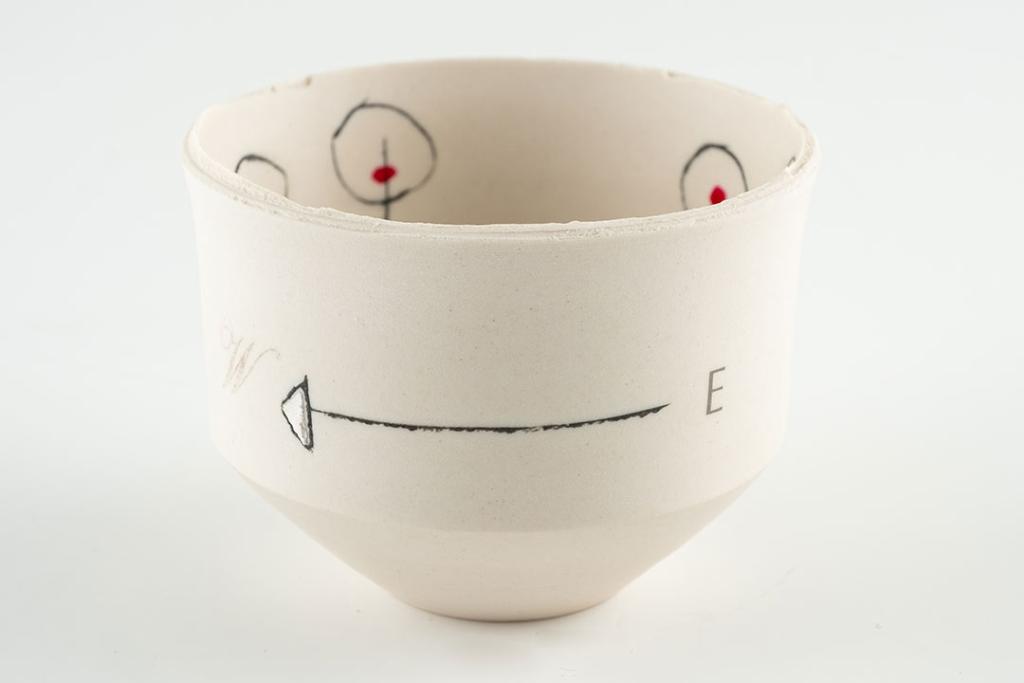Seeking refuge during the pandemic

Refugee Week 2020 falls within the world’s experience of (and some recovery from) the global pandemic of COVID-19. While many of us are fortunate to seek refuge from Coronavirus in our homes, this year’s Refugee Week provides us with time to think about those in different situations.
As of June 2020, 71 million people are forcibly displaced around the world. Persecution, conflict, violence and human rights violations are all part of the reasons why millions of people are forcibly displaced. While many borders have been closed in response to the pandemic, a significant number of people are still seeking refuge.
The Coronavirus pandemic is threatening everyone on the planet. To date, 216 countries have been affected by the outbreak of COVID-19. Refugees and other displaced people are at particular risk of Coronavirus. This is experienced during the journey to refuge and in refugee camps.
Refugee camps can have overcrowded tents and limited access to water, sanitation systems and health facilities. This makes social distancing and increasing hygiene efforts to stop the spread of Coronavirus near impossible. 134 refugee hosting countries have reported local transmission of COVID-19.
Dangerous journeys
Many displaced people are seeking to improve their lives – something many of us would do if placed in these situations of persecution, conflict and violations of our human rights. The journey between countries can be long and dangerous. People may walk or drive to neighbouring countries. People may need to cross deserts, mountains and rivers. Throughout these journeys across countries and continents, the risk of coronavirus is an added threat to refugee’s health, safety and wellbeing.
Restrictions and closures of border can also mean those seeking refuge are attempting to make dangerous border crossings. People may seek or accept offers of assistance to cross borders through third parties. This can increase displaced people’s risk of being trafficked.
Human trafficking
Human trafficking is a crime that involves the movement or receipt of someone, through means of deception, force, abduction, for the purpose of exploitation. Before someone may reach refugee status in a country, they may be trafficked in the process. Human trafficking can result in many physical and psychological harms. They may be exploited for labour or sexual purposes for example. In these situations, people may be forced into unsanitary accommodation, have limited access to water and be unable to follow guidance around increased hygiene and social distancing.

The International Slavery Museum has a ceramics collection by Alex McErlain and Bethan Lloyd-Worthington called ‘Harvest’. On the rim you can see a line the artists have cut into the pot. The rim means the clay can be snapped off in a controlled way. It can represent how traffickers can see vulnerability in people and take them elsewhere to be controlled for their benefit.
The surface imagery is also an artistic response to the plight of people who become trafficked. The arrow pointing from East to West on one pot summarises the complex (and dangerous) journeys men, women and children take every day. The sign promising employment in hospitality on another pot represents one of many tactics human traffickers may use to facilitate migration. Often it is a way to lure people into exploitation as such promises are often misleading or fabricated. It is estimated almost three quarters of migrants attempting to cross the Central Mediterranean have experienced human trafficking for a range of exploitative purposes.
While we are fortunate to be able to follow health guidelines of staying at home, cleaning regularly and following social distancing, we can reflect on others who are not able to. COVID-19 has put the world in lockdown, but it has not stopped the movements of people seeking refuge. It also has not stopped human trafficking – a crime that thrives when unnoticed. Quoting Stop the Traffik, "traffickers, like a virus, will mutate to find new situations and ways to continue operating".
Further information
- UNHCR (The UN Refugee Agency): Coronavirus outbreak
- UNHCR: Global trends - forced displacement in 2018
- Refugee Council: the truth about asylum
- UNHCR: Asylum in the UK
- Science Nordic: Do stricter border controls increase human trafficking?
- Roads to Refuge: Refugee journeys
- The Guardian: Covid-19 spreading quickly through refugee camps, warn Calais aid groups, 9 April 2020
- Stop the Traffik: Myths and Realities of Human Trafficking and Covid-19
